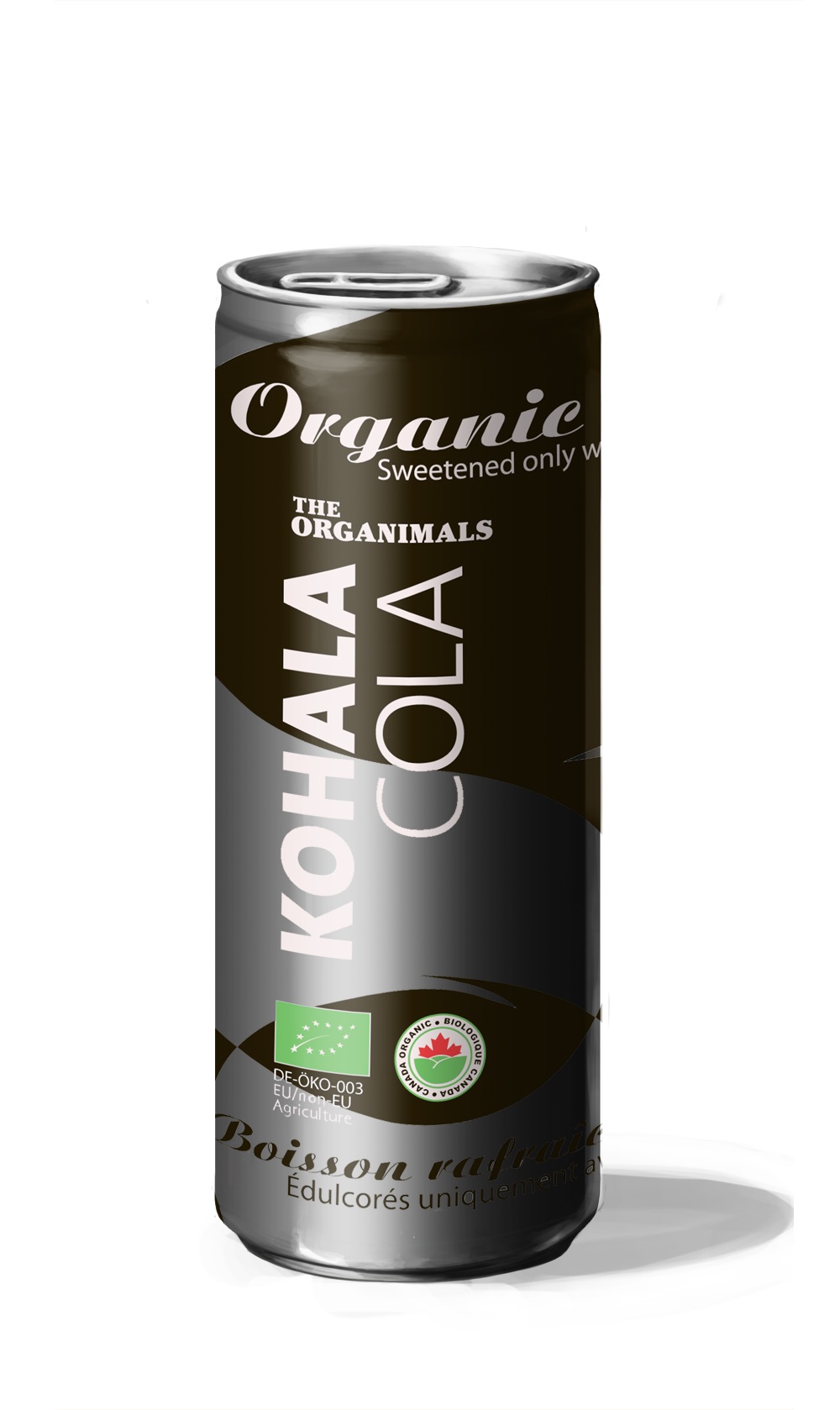Organimals sodas are 100% organic and are sweetened with organic Agave syrup. They are free of phosphoric acid and granulated sugar.
Sweetened with organic agave syrup
While agave (pronounced ah-GAH-vay) is best recognized as the plant from which tequila is made, it has also been used for thousands of years as an ingredient in food. The nectar made from the plant is known in Mexico as aguamiel, or "honey water."
The Aztecs prized the agave as a gift from the gods and used the liquid from its core to flavour foods and drinks. Now, due to increasing awareness of agave nectar's many beneficial properties, it is becoming the preferred sweetener of health conscious consumers, doctors, and natural foods cooks alike.
The taste of agave nectar is comparable, though not identical, to honey. Many people who do not like the taste of honey find agave a more palatable choice. It also has none of the bitter aftertaste associated with artificial sweeteners.
Without phosphoric acid
Now that soft drinks are sold in almost all public and private schools, dentists are noticing a condition in teenagers that used to be found only in the elderly-a complete loss of enamel on the teeth, resulting in yellow teeth. The culprit is phosphoric acid in soft drinks, which causes tooth rot as well as digestive problems and bone loss. Dentists are reporting complete loss of the enamel on the front teeth in teenaged boys and girls who habitually drink sodas.
Normally the saliva is slightly alkaline, with a pH of about 7.4. When sodas are sipped throughout the day, as is often the case with teenagers, the phosphoric acid lowers the pH of the saliva to acidic levels. In order to buffer this acidic saliva, and bring the pH level above 7 again, the body pulls calcium ions from the teeth. The result is a very rapid depletion of the enamel coating on the teeth. When dentists do cosmetic bonding, they first roughen up the enamel with a chemical compound-that chemical is phosphoric acid! Young people who must have all their yellowed front teeth cosmetically bonded have already done part of the dentist's job, by roughening up the tooth surface with phosphoric acid.




